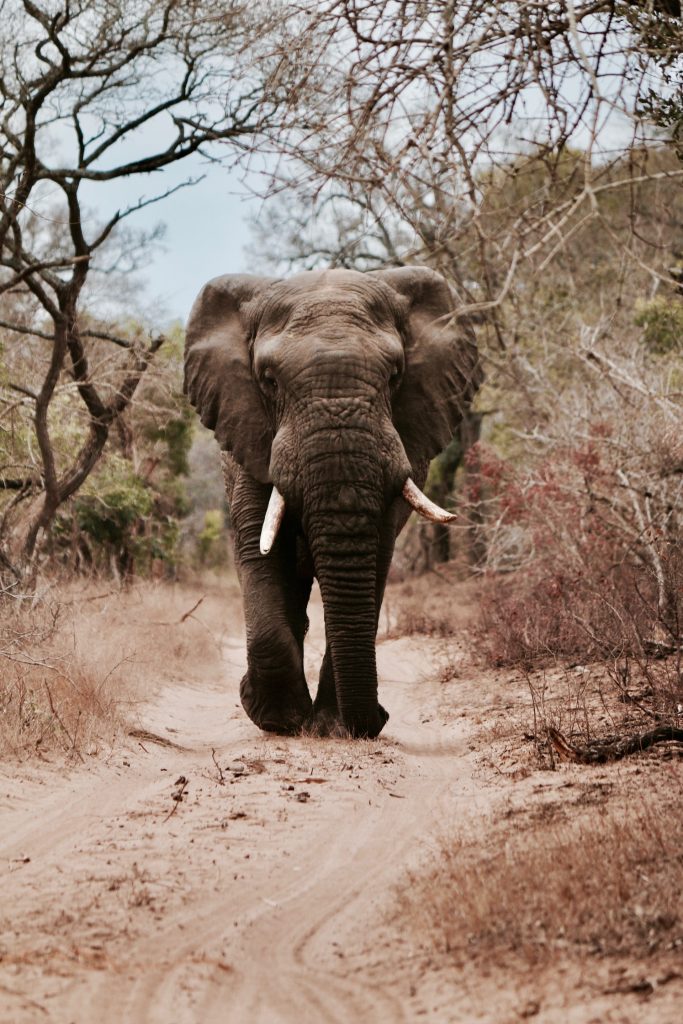By Blessing Bonga

An elephant in the wild
Recent statistics that were revealed by the Zimbabwe Republic Police make sad reading as at least 24 people have been killed while 21 others were injured by wild animals since the beginning of this year.
This has largely been attributed to competition for resources between human beings and wildlife, whose populations are both growing considerably, an analysis made by the ZimParks and Wildlife Management Authority.
Authority spokesperson, Mr Tinashe Farawo conceded that the situation was therefore not favourable, “The population of our animals has increased at least 20 folds, while the population of humans has increased about 15 folds since 1980…” he explained.
As such, human beings are encroaching into wildlife territory in search of such forms of energy as firewood and some the illegal act of poaching resulting in conflict.This against land space that is not expanding hence the inevitable consequences of the loss of precious human life. This effectively means human beings have to devise feasible and sustainable strategies to mitigate conflict.
One such organisation that has managed to advocate for the mitigation of human-wildlife conflict is the World Wide Fund for Nature (WWF) which is a non governmental organisation responsible for wilderness preservation and reduction of human impact on the environment.
A concerted effort is a critical ingredient towards curbing conflict by involving the Governments and non-governmental organisations alike, international organisations, communities and individuals. These groupings, armed with sound financial backing can be able to create a conducive environment for a harmonious co-existence between humans and animals.
These include, proper land use planning that ensures both humans and animals have access to the space that they require. Such is achieved by availing and protecting designated spaces for wildlife, creating buffer zones and also investing in alternative land uses.
Above all, the WWF notes that a community based natural resource management approach is also beneficial as these are potential income earners that promote the well being of societies.



